Are you in the market for a new water heater? Whether you’re building a new home, renovating your existing space, or simply looking to upgrade your current system, choosing the right water heater is a crucial decision that can significantly impact your daily comfort and energy efficiency.
Given the plethora of options out there, it’s important to weigh several factors before making a purchase.
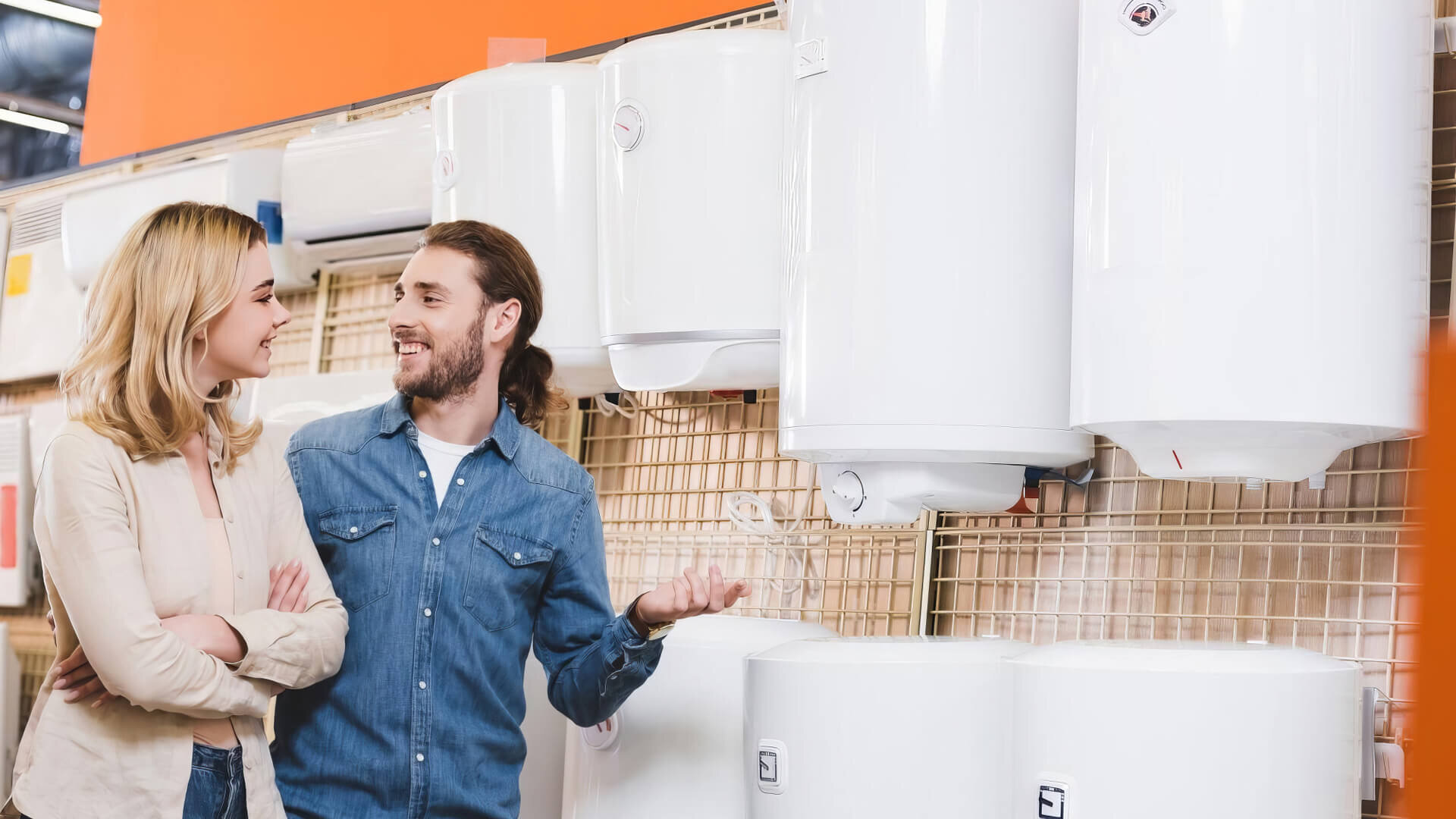
In this blog post, we will serve as your buying guide, exploring the key considerations that should guide your decision-making when choosing a storage water heater. So, let’s dive into the critical considerations before buying a water heater to help you choose your home or business.
Understanding Water Heater Types
Hot water heaters are a must-have in our homes, providing warm water for everyday activities. There are different types available, each with its own perks and features.
The most common type is the tank water heater, which stores and heats water in a large insulated tank. This type is cost-effective and suitable for most households, but it may have limitations regarding hot water supply.
On the other hand, tankless water heaters, also known as on-demand or instant water heaters, heat water only when needed. They are space-saving, energy-efficient, and provide a continuous hot water supply.
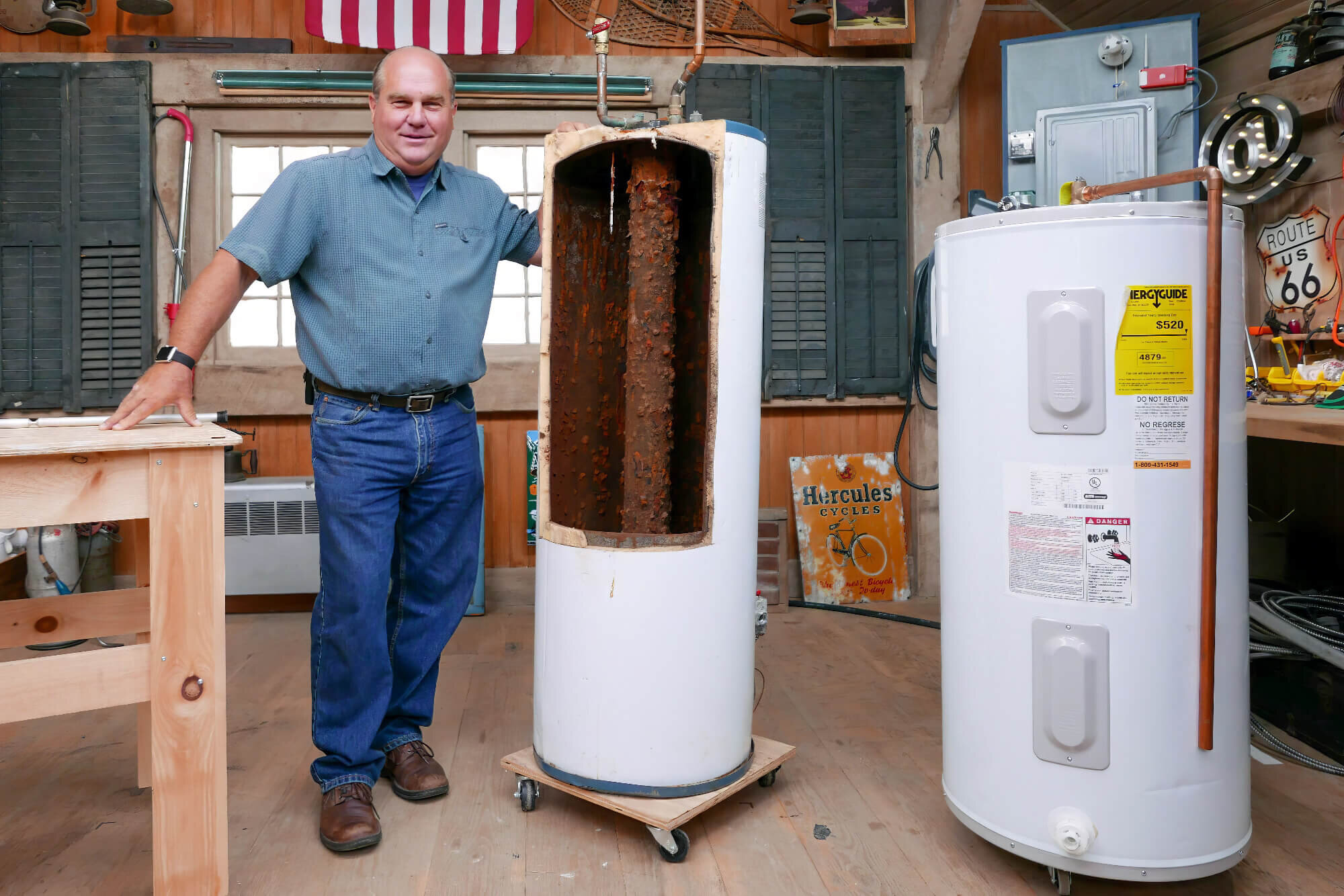
However, they can be pricier to set up initially. Heat pump water heaters use electricity and geothermal energy to draw heat from the air or ground, making them highly energy-efficient, although their effectiveness can depend on the weather conditions.
Solar water heaters harness the sun’s power to heat water, reducing energy costs and environmental impact. They work well in sunny climates but may require a backup system in less sunny regions.
Lastly, condensing water heaters are known for their high efficiency in capturing and using exhaust gases to heat the water. Understanding these different water heater types can help you choose the one that best suits your needs and budget, ensuring your home’s reliable hot water supply.
Factors to Evaluate When Choosing a Water Heater
When selecting a storage water heater for your home, several factors must be considered to ensure you make the right choice. These factors will impact your comfort, energy bills, and the environment. Here are the key aspects to evaluate when choosing a water heater:
Fuel Source
The first decision is the type of fuel source, whether electric or gas, for your water heater. You can choose between electric water heaters, natural gas water heaters, propane or gas water heaters, and solar options. The availability and cost of these fuels in your area will significantly influence your decision.
Size and Capacity
The size of your water heater should match the hot water and predict how much hot water your household will require. Consider the number of people living in your home and their daily hot water usage to determine the appropriate capacity. An undersized heater can lead to frequent cold shower instances, while an oversized one may waste energy.
Energy Efficiency
Energy-efficient water heaters can be a cost-saver in the long run. Keep an eye out for the Energy Star label and check the Energy Factor (EF) rating for efficiency. Models like storage, tankless, and heat pumps are known for being energy-smart.
Cost of Installation and Maintenance
Consider both the initial installation cost and the long-term maintenance expenses. Tankless and solar heaters may have higher upfront costs but lower operating costs, while traditional water tank heaters are typically less expensive to install.
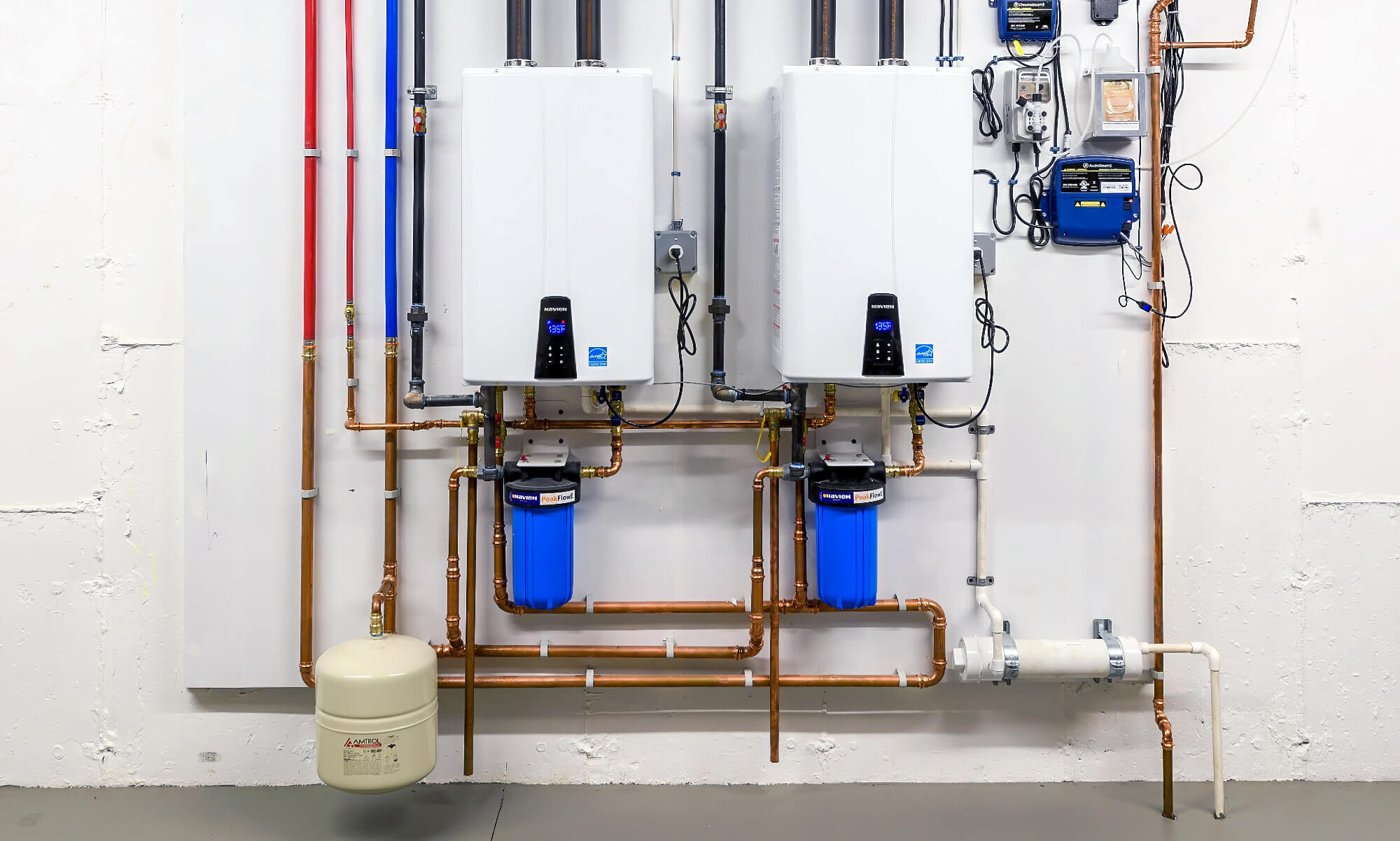
Space Requirements
Assess the available space for your water heater. Tankless and compact models are ideal for homes with limited space, while traditional storage tank heaters require more room for installation.
Environmental Impact
If being eco-conscious is important to you, opt for a water heater with a smaller carbon footprint. Solar and heat pump water heaters are great for cutting down on greenhouse gas emissions.
Warranty and Lifespan
Investigate the warranty that reflects the unit’s long-term reliability by the manufacturer, as it can indicate the expected lifespan of the water heater. Longer warranties often reflect the manufacturer’s confidence in their product’s durability.
Local Climate
Consider your local climate when choosing a water heater. Some types, like solar water heaters, work better in sunny regions, while others, such as heat pumps, may be less effective in extreme cold.
Selecting the Right Size for Your Needs
Choosing the right size hot water system for your water heater is crucial to ensuring a consistent hot water supply without unnecessary energy consumption. Consider the number of people in your household and their hot water usage habits to determine the appropriate size.
A general rule of thumb is that a traditional water heater typically requires a 40-50-gallon tank for a family of four. However, a larger capacity heater may be needed if your household has high hot water demands, such as multiple bathrooms or large appliances.
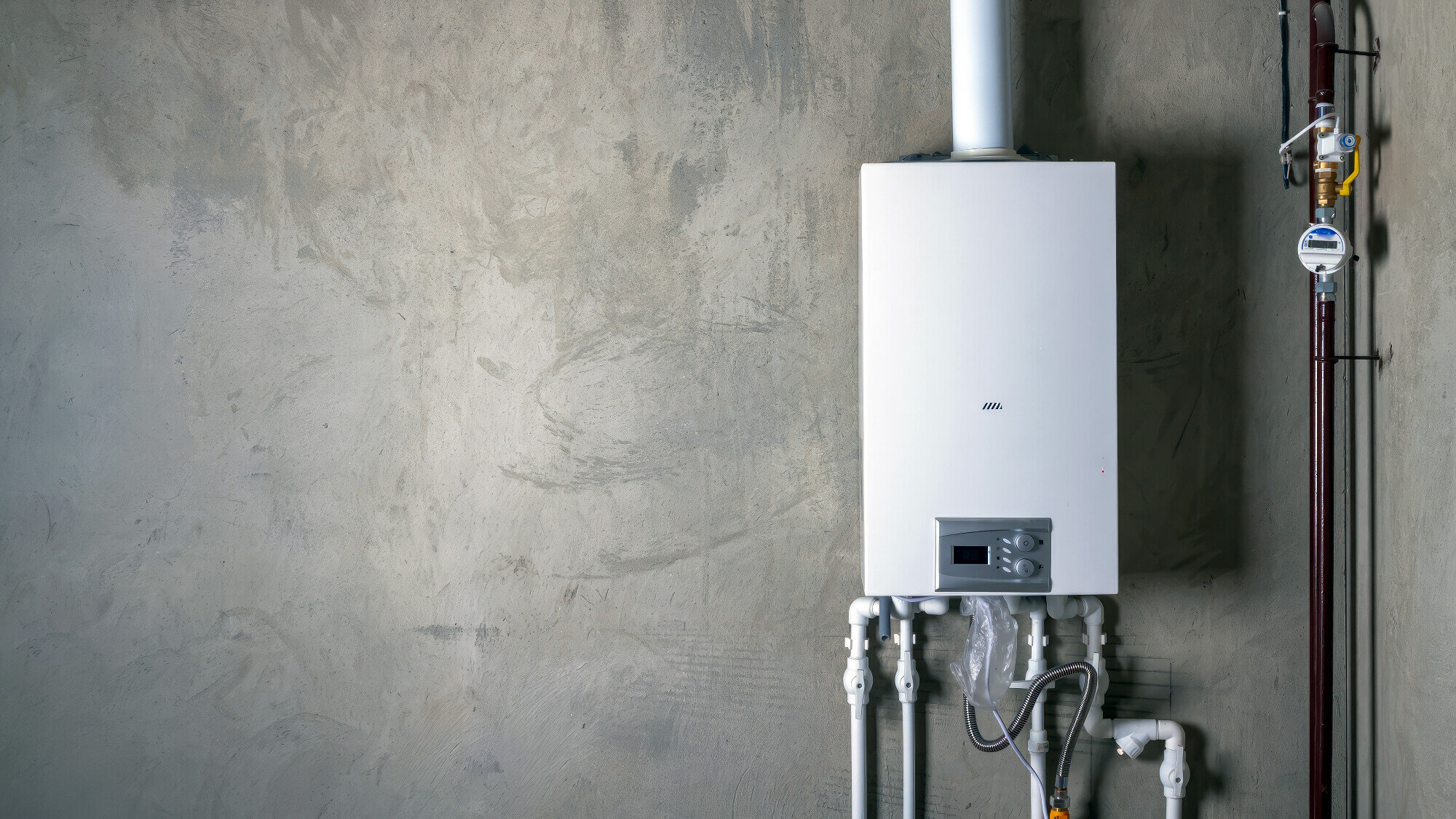
Conversely, a tankless water heater might be more suitable if you have a smaller household or limited space. Tankless heaters provide hot water on demand and are not limited by tank capacity, making them space-saving and efficient for smaller homes.
Remember that an oversized water heater can lead to wasted energy, while an undersized one may leave you with insufficient hot water. Therefore, carefully assess your family’s needs and habits to ensure you choose the right size for optimal performance and efficiency.
Effective Maintenance for Longevity
Regular maintenance is critical to extending the lifespan and efficiency of your water heater. Start by periodically checking for leaks, corrosion, or rust on the tank and connections.
Flushing the tank annually, particularly crucial in hard water regions to remove sediment build-up, can prevent build-ups of calcium and magnesium, improving heating efficiency and reducing damage to the heating element. Inspect the pressure relief valve for proper functioning and replace it if necessary to prevent dangerous pressure build-up.
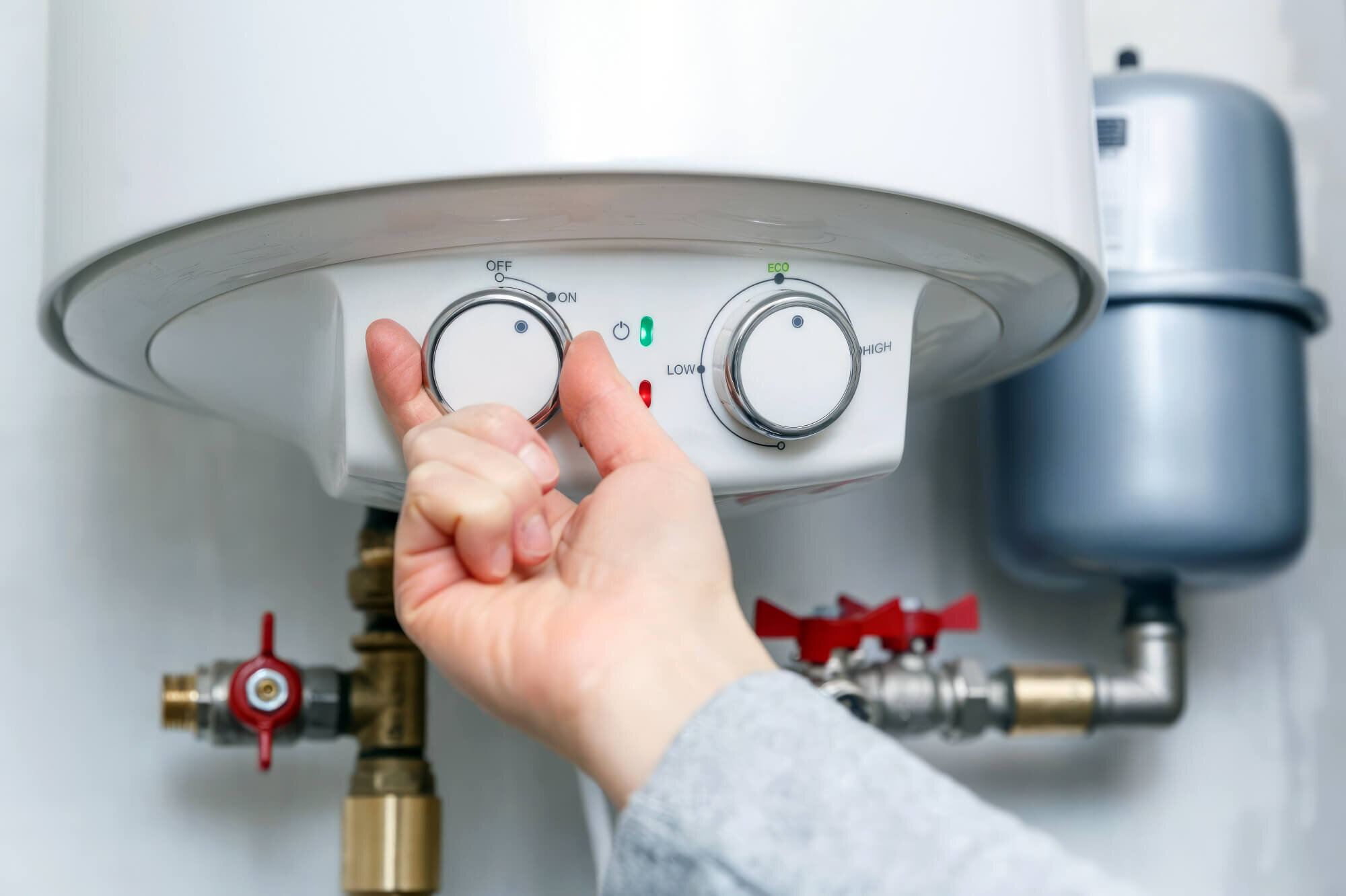
Additionally, the thermostat should be adjusted to a reasonable temperature, usually around 120 degrees Fahrenheit, to prevent excessive energy consumption and reduce the risk of scalding. Clean the air filters and any stainless steel tanks for tankless and heat-pump water heaters to ensure proper airflow and efficiency.
If you need clarification on maintenance tasks, consider hiring a professional to perform an annual check-up and service on your water heater. These routine maintenance steps can help you avoid unexpected breakdowns and ensure your water heater continues to provide reliable hot water for years to come.
Hot Tips for Cool Choices
To wrap it up, picking the right water heater can really make a difference in your comfort, energy bills, and utility costs. Before buying, think about things like the fuel source, size, efficiency, and how it affects the environment. Don’t forget, regular maintenance is key for keeping it running smoothly for years to come.
At Big Blue Plumbing, we understand the importance of a well-functioning water heater in your daily life. Please get in touch with us if you have any questions or need assistance selecting, installing, or maintaining your water heater.
Our expert team is here to help you make informed decisions and ensure your water heater continues to provide reliable hot water for your household’s needs. Reach out to us today for expert guidance and top-notch plumbing services. Your satisfaction and comfort are our priorities.



